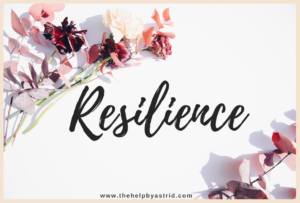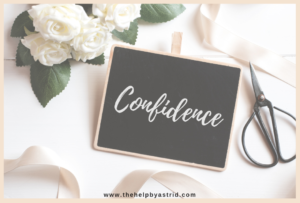
The past thanksgiving has made us realize that we have a lot to be grateful for. It also made us realize that the world needs a lot more kindness going on: kindness not only to others, but also to ourselves. More than ever, practicing self-kindness is to be necessary in order for us to be able to help other people. Big or small acts of kindness help create ripples of happiness that people can take with them and pay forward. One simple act goes a long way.
We all have different ways to show kindness. Some show it by lending a helping hand, others by lending an ear. Others show it by doing volunteer work, while others show it by helping out in the house. Practice kindness triggers a chain reaction: make someone else’s day better, and they in turn feel good about themselves and try to make someone else’s day better. Here are some ways you can practice kindness.
- Be generous – it doesn’t have to be a grand gesture of generosity. Making the family’s favorite dinner. It can also be giving a bit of your time to a neighbor or a friend to help out where you can.
- Compliment someone – pick a trait that you admire in someone and tell them what you admire about them. Watch them glow in appreciation.
- Practice gratitude – we take for granted the words “thank you” and we don’t say it enough. Always say thank you whenever you can and show others how grateful you are for their presence in your life. Also practice gratitude for simple things, such as good food, great friends, and good health.
- Lend a helping hand – don’t think twice, offer to help. Helping others has a twofold effect. It benefits the recipient and also makes us release feel-good hormones, so we actually do feel good about helping. If you’re feeling a little blue, try lending a helping hand.
- Be a good listener – these are trying times for everybody. If you feel that you are just one person who can’t make a difference, start with being a good listener to someone who is struggling. You might not know it, but it makes a huge difference and that person will appreciate you for it.
- Tell a joke – lighten the mood whenever you can. It won’t hurt to crack a joke or two, nobody needs to be serious and talk about gloom and doom all the time. We get it, there’s a pandemic. But a little laughter would go a long way. We’re all stressed enough.
- Rally behind a good cause – pick a cause, organization, or movement that you really believe in and get behind it.
- Show appreciation – when someone does something good for you, don’t forget to tell them that you appreciate it.
We need more kindness in the world, don’t you think so? Have you seen extraordinary acts of kindness going around? Share them with us in the comments. Remember to work smart and be a blessing to someone today. Stay safe and healthy!
Written by Jaie O. TheHelp



